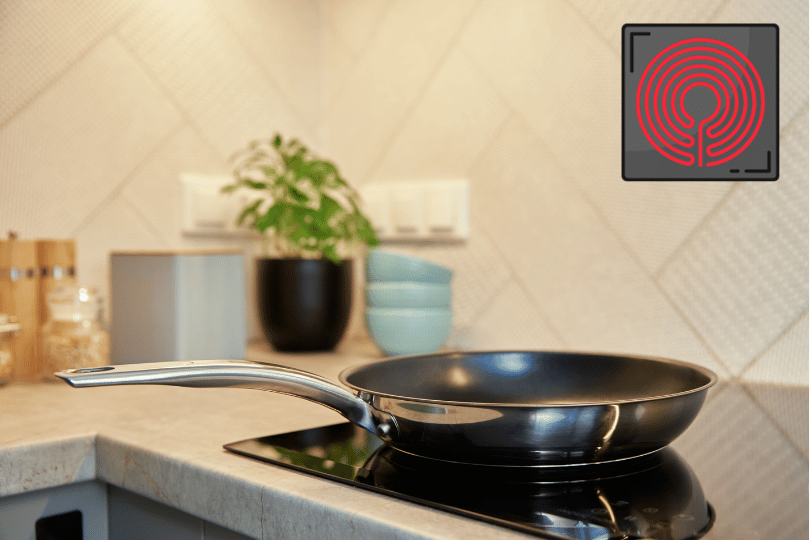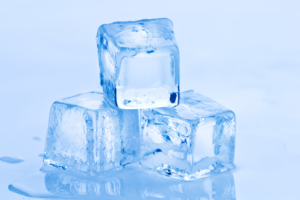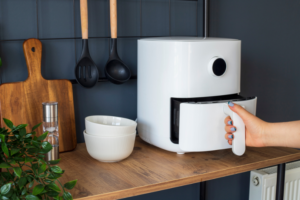Induction cooktops, known for their efficiency and precision, are gaining popularity in contemporary kitchens. To fully utilize these cooktops, it’s essential to choose the correct cookware material. This guide will delve into the optimal cookware materials for induction cooktops and explain why they’re perfect for this cutting-edge cooking technology.

The Importance of Material Choice
Induction cooktops work by generating a magnetic field that directly induces heat in the cookware. Consequently, not all materials are induction-compatible. Selecting the appropriate cookware material guarantees optimal heat transfer, efficiency, and safety.
Preferred Cookware Materials for Induction Cooktops
1. Stainless Steel:
Stainless steel is favored for induction cookware due to its durability, corrosion resistance, and magnetic field compatibility. Seek cookware labeled “induction-ready,” as these usually have a magnetic material layer added to the base for efficient heat transfer.
2. Cast Iron:
Thanks to its magnetic properties and superior heat retention, cast iron cookware is ideal for induction cooktops. Despite being heavier than some alternatives, its versatility and consistent heat maintenance make it a chef’s favorite.
3. Carbon Steel:
Carbon steel, like cast iron, is a magnetic material compatible with induction cooktops. It heats up rapidly and distributes heat uniformly, making it suitable for a range of cooking techniques, including searing and frying.
4. Enamel-Coated Cookware:
Enamel-coated cookware, particularly those with a magnetic stainless steel base, is fit for induction cooking. The enamel layer not only adds a color splash to your kitchen but also offers a non-reactive surface, simplifying cleaning and maintenance.
5. Induction-Compatible Aluminum:
While regular aluminum isn’t magnetic, induction-compatible aluminum cookware includes a magnetic material layer on the base. This makes it a lightweight option for those who value easy kitchen handling.
6. Copper with Magnetic Bottom:
Copper, an excellent heat conductor, isn’t naturally magnetic. However, some copper cookware comes with a magnetic bottom layer, ensuring induction cooktop compatibility. Copper cookware brings a touch of elegance to your kitchen while providing precise temperature control.
Materials to Avoid
1. Non-Magnetic Materials:
Cookware made from non-magnetic materials like glass, ceramic, and non-induction-ready aluminum, copper isn’t suitable for induction cooktops. These materials don’t interact with the magnetic field, making the cookware ineffective for induction cooking.
2. Non-Flat Bottoms:
Cookware with uneven or non-flat bottoms might not make adequate contact with the induction cooktop, resulting in inefficient heat transfer and uneven cooking.
Choosing the best cookware material for your induction cooktop is crucial for maximizing kitchen performance and efficiency. Stainless steel, cast iron, carbon steel, enamel-coated cookware, induction-compatible aluminum, and copper with a magnetic bottom are among the top choices. Ensure your cookware is labeled “induction-ready” or has a magnetic layer to reap the benefits of precise and energy-efficient induction cooking.

















Leave a Reply